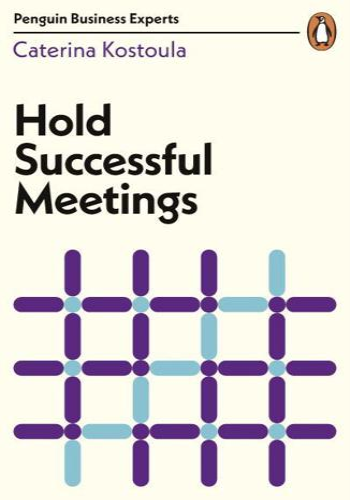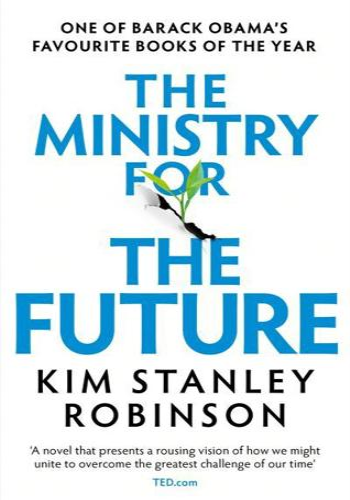Chapter 1: The Importance of Meetings
Summary:
This chapter highlights the significance of meetings in organizations. It emphasizes the role of meetings in communication, decision-making, problem-solving, and relationship-building.
Real-world example:
A project team conducts a weekly meeting to discuss project progress, identify obstacles, and develop solutions. By holding this regular meeting, the team ensures that everyone is on the same page and can address issues proactively.
Chapter 2: Planning and Preparation
Summary:
This chapter outlines the steps involved in planning and preparing for effective meetings. It covers setting clear objectives, creating an agenda, inviting the right participants, and preparing materials.
Real-world example:
A department manager sends out an invitation with a detailed agenda for a marketing strategy meeting. The agenda includes specific time allocations for each topic to ensure the meeting stays on track.
Chapter 3: Facilitating Meetings
Summary:
This chapter provides guidance on facilitating productive and inclusive meetings. It covers managing participation, encouraging discussion, and reaching consensus.
Real-world example:
During a brainstorming session, the facilitator uses techniques such as "round-robin" to ensure that everyone has an opportunity to share ideas.
Chapter 4: Implementing Decisions
Summary:
This chapter emphasizes the importance of following up on meeting decisions and ensuring that actions are taken. It covers assigning responsibilities, setting deadlines, and tracking progress.
Real-world example:
After a meeting where a new marketing campaign was approved, the team leader assigns specific tasks to team members and sets a deadline for completion.
Chapter 5: Evaluating and Improving Meetings
Summary:
This chapter discusses the importance of evaluating meetings to identify areas for improvement. It covers collecting feedback from participants, using evaluation tools, and making adjustments to future meetings.
Real-world example:
A team uses a survey to gather feedback on a recent meeting. The results show that participants found the meeting informative but too long. The team adjusts the agenda for future meetings to reduce meeting time.







